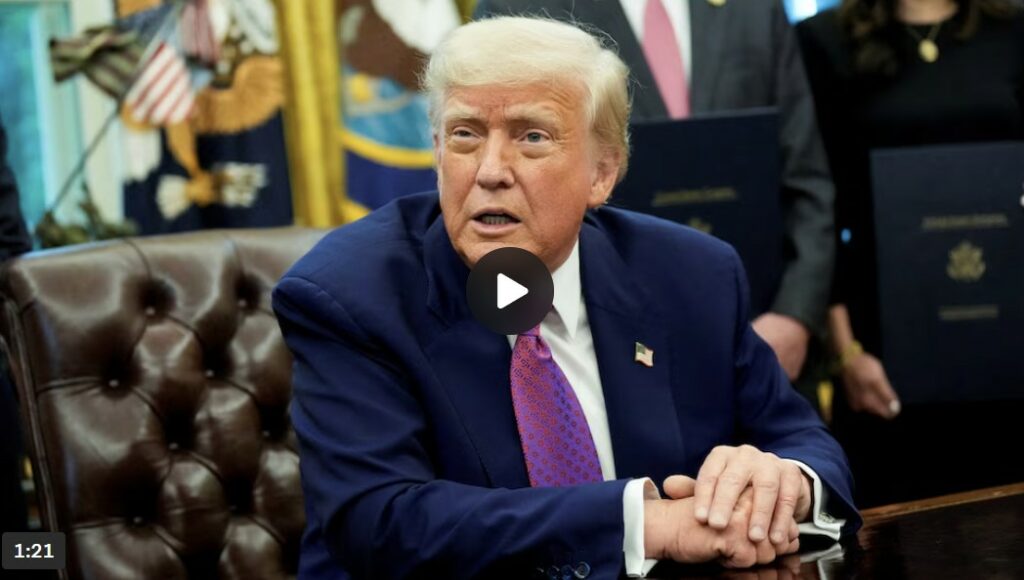Geneva – High-level trade negotiations between the United States and China resumed this weekend, with President Donald Trump describing Saturday’s meeting as a “total reset” in bilateral relations. The talks, held in Geneva, mark the first face-to-face engagement between senior U.S. and Chinese officials since the United States escalated tariffs on Chinese goods to a minimum of 145 percent.

“Very good meeting today with China, in Switzerland. Many things discussed, much agreed to. A total reset negotiated in a friendly, but constructive, manner,” President Trump wrote on social media following the first day of the two-day summit. “We want to see, for the good of both China and the U.S., an opening up of China to American business.”
The discussions come amid rising economic tensions, with both countries imposing significant tariffs on each other’s goods. China has responded to U.S. tariff hikes with a minimum 125 percent duty on American imports and has implemented restrictions on the export of key minerals critical to high-tech industries.
President Trump also suggested Friday that reducing the current tariffs on China to 80 percent “seems right,” signaling a possible softening of his administration’s position ahead of the talks. However, he offered no specifics regarding the scope or conditions of such a reduction. “I think we’re going to come back with a fair deal for both China and us,” Trump said.
White House Press Secretary Karoline Leavitt clarified that any tariff adjustment would not be unilateral. “As for the 80 percent number, that was a number the president threw out there, and we’ll see what happens this weekend,” she told reporters. “The president needs to see concessions from China before taking further steps.”
The U.S. delegation is being led by Treasury Secretary Scott Bessent and Trade Representative Jamieson Greer. China is represented by Vice Premier He Lifeng, who is responsible for the country’s economic affairs.
While no specific details of Saturday’s talks have been released by either government, both sides have acknowledged that significant progress was made and that further discussions are expected. According to U.S. officials, multiple rounds of negotiations are anticipated as Washington and Beijing work to address their long-standing trade disputes.
The talks in Geneva follow President Trump’s announcement on Thursday of a new trade agreement with the United Kingdom. The accord, still in its early stages, was announced with British Prime Minister Keir Starmer on speakerphone in the Oval Office. The two leaders acknowledged that several details remain to be resolved but characterized the agreement as the first in what the White House hopes will be a series of deals while reciprocal tariff pauses are in place.
The outcome of the U.S.-China negotiations carries considerable global economic weight. As the world’s two largest economies navigate the consequences of heightened tariffs and retaliatory trade policies, any resolution—or escalation—will have far-reaching implications for international markets and supply chains.